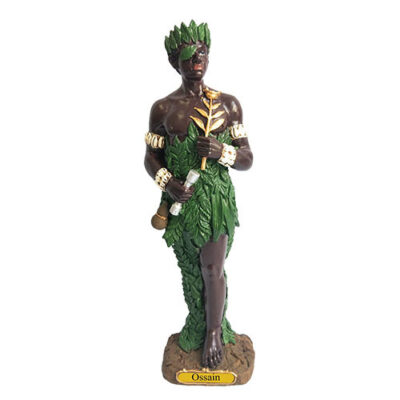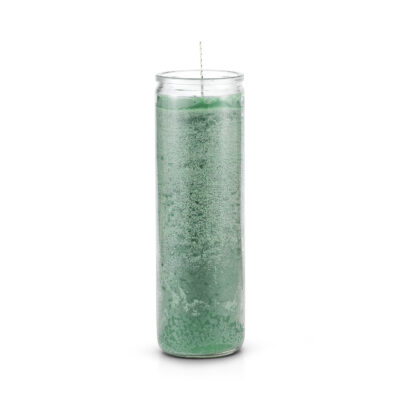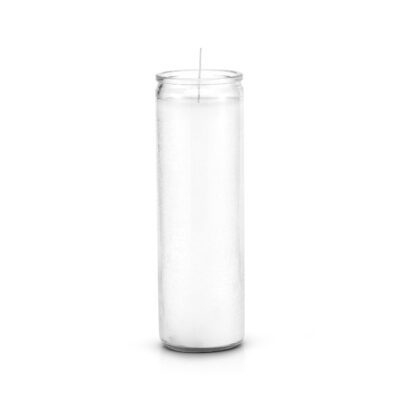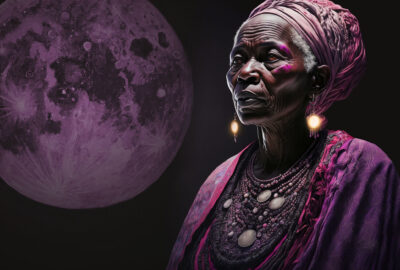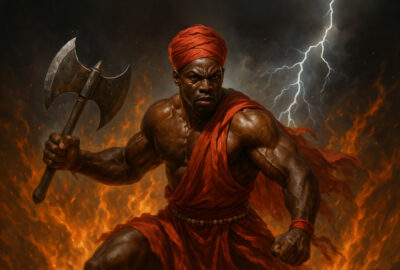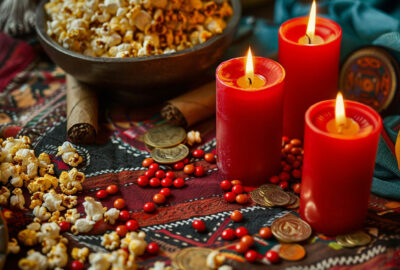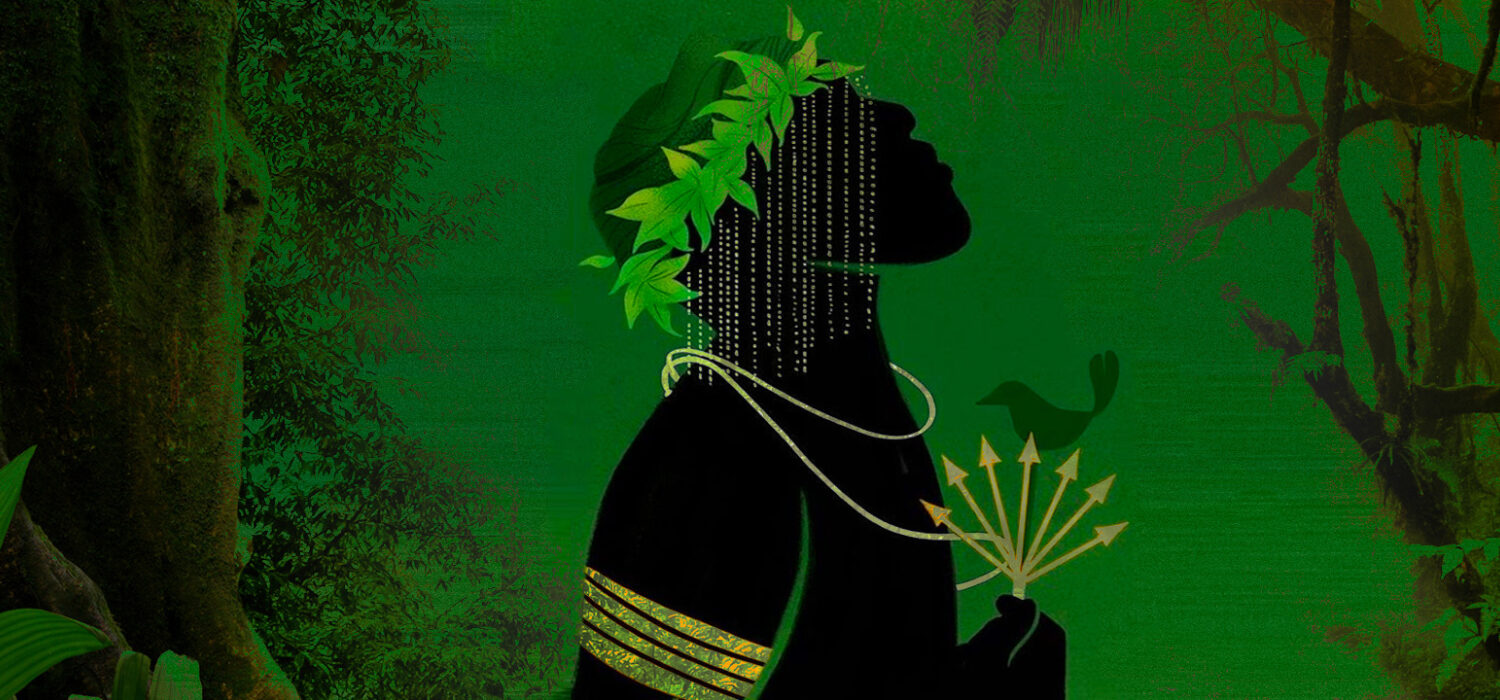
Ossain: The Orisha With the Power of Life and Death
Ossain is one of the dualistic deities of the Candomblé, Santeria, Palo Monte, Yoruba, and other religions. He is known as the God of the Herbs -- both those that heal, and those that can be used to harm enemies. Though he is a deity of plants, he does not like to work within the narrow confines of a garden. Ossain's domain is the wild spiritual, medicinal, and poisonous plants.
Ossain's Role
While Ossain is somewhat akin to Babalu Aye in that he has the power to heal illness and cause harm, his focus is different. Rather than being associated with sickness itself, his realm is entirely composed of herbs. This does not extend merely to their medicinal or poisonous qualities, either. Ossain also knows the secrets of using plants for luck, love, and other magical and spiritual purposes. He was not born to Orisha parents. He sprang from the earth like a seedling, and his birth marked the emergence of all sacred herbs and roots.
Much of the Candomblé and Santeria religions hinge upon him, because, without his herbs, no ceremonies can happen. This means that he is required for any formal religious observance to take place. As the only Orisha with express power over plants, any other Orisha who needs help with an injury or illness is indebted to him. Naturally, not all of the Orishas are happy about this. Some have sought to obtain his power for themselves, so they can understand the mysteries of plants.
The Image of Ossain
Ossain has a very unique appearance. He is a hermit that spends most of his time alone in the mountains, surrounded by wild plants. Physically, he has one leg, one arm, and one eye. His ears are asymmetrical -- one is large and deaf, and one is very small and sensitive to even the slightest sound. He typically hides his head behind a mask made of grass.
Some artwork depicts him as having roots in place of his missing arm and leg. Others show him clad in leaves, like a tree. His symbol is a staff topped with a crown made up of sixteen small birds, confronting a larger bird at the top. This is symbolic of his mastery over wild plants and his knowledge of the things that cause illness. This staff is placed on his altar.
Showing Respect to Ossain
In Hoodoo, Ossain is syncretic with Saint Joseph. Some sources also syncretize him with John the Baptist, Saint Benedict, and Saint Sylvester. His feast day is March 18th, and his colors are green, red, white, and yellow.
It is said that no leaf can fall without Ossain's permission, so it is important to ask for his blessing before going out to gather herbs. His herbs have the power to neutralize evil and negative forces, but must be used with his approval. They should be harvested with a sharp knife that has been specially consecrated for this purpose, and the plant should be given an offering for its sacrifice. Ossain should also be given an offering at the harvest site. He likes coins, tobacco, and alcohol.
If you wish to create an altar to Ossain, set it with a statue of him, a green cloth, and green candles or white candles. Ideally, his altar should also have his staff. For altar offerings, he enjoys candles and rum.
As his staff demonstrates, he has the power to watch over humanity and sees the cause of all of life's physical, mental, and spiritual illnesses. Because of this, diviner herbalists use divination to speak to Ossain, when diagnosing problems, and creating remedies.
He is also sometimes consulted by people who have enemies. As the deity of plants, he also governs their magical uses -- including driving away enemies, settling disputes, and resolving disagreements -- and his magic is so powerful that it cannot be undone by anyone. That said, he is not a warrior or aggressive deity. It is best not to attack others or be attacked, and the best offense is a good defense. His poisonous plants are for protection against harm, not for maliciously harming others.
Ossain is one of the most powerful deities. Though he does not have priests of his own, all worshipers of the Orishas call upon him. He has the power of life and death, healing and harm, and the ability to hear and see everything. No medicinal or spiritual plant may be harvested without him, and he governs the use of herbs in all ceremonies. Ask for his blessing when you harvest wild herbs, and give him offerings to thank him for his power and wisdom.
